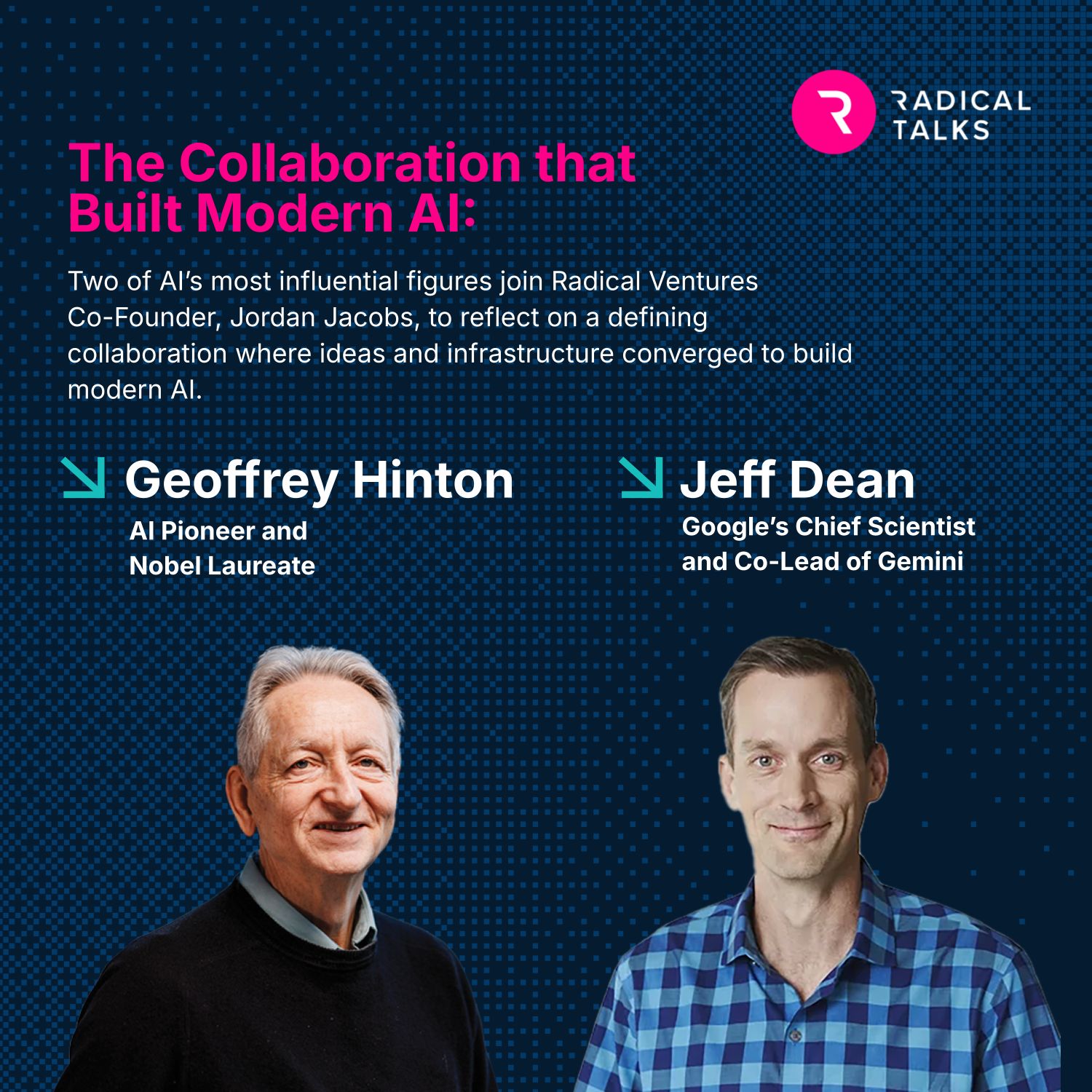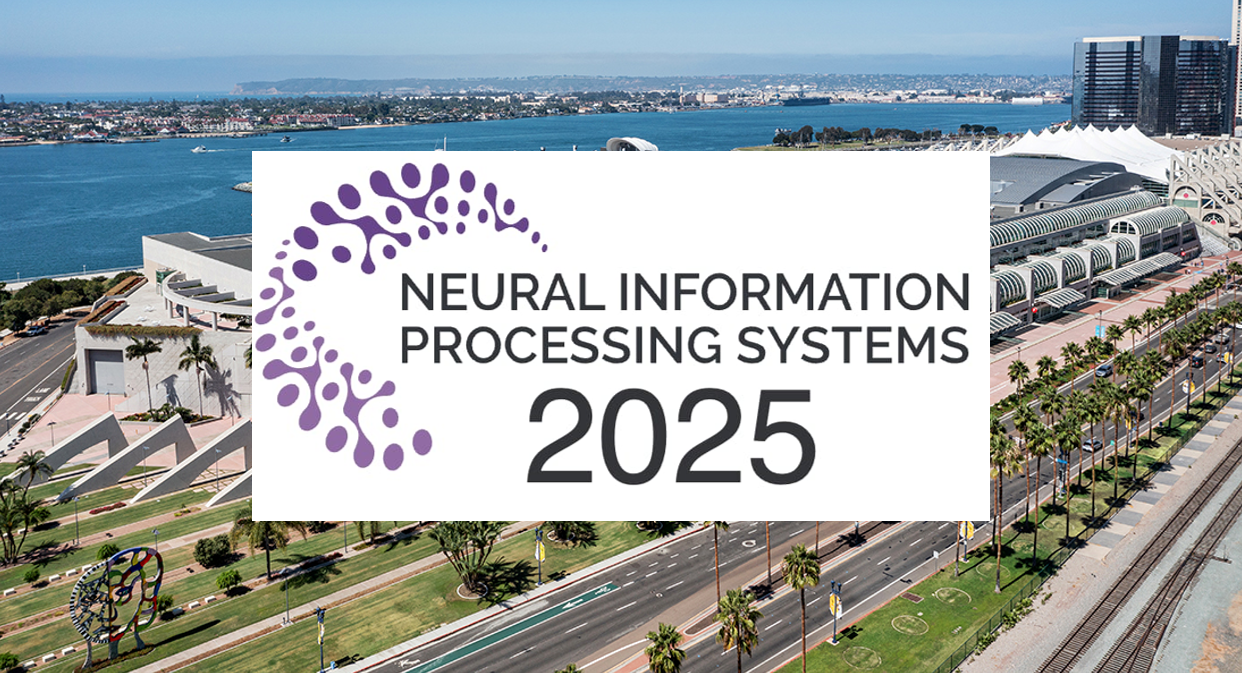In this episode of Radical Talks, we bring you exclusive content from this year’s AI Founders Masterclass featuring Writer Co-founder and CEO May Habib, alongside Radical Partner Rob Toews, discussing the journey behind building a leading enterprise AI company. May discusses Writer’s strategic decision to build a full-stack agentic AI platform, the continuous pursuit of product-market fit in the rapidly evolving generative AI landscape, and shares insights on scaling enterprise AI solutions for global companies like Salesforce, Uber, and Vanguard.
Listen to the podcast on Spotify, Apple Podcasts, or YouTube. Read the full blog post summarizing the episode on our website.
AI News This Week
-
Are A.I. Therapy Chatbots Safe to Use? (NYT)
Radical Ventures portfolio company Slingshot AI is at the center of an evolving debate about AI-powered mental health support as the FDA holds its first public hearing on whether therapy chatbots should be regulated as medical devices. Slingshot’s chatbot Ash, explicitly designed for therapy by a team including clinical psychologists, uses large language models trained on thousands of conversations between licensed therapists and patients to provide emotional support and mental health guidance. Users report positive experiences, with one describing how Ash “challenged me, asked a lot of questions, remembered what I had said in the past and went back to those moments when it needed to.”
-
Xanadu Strikes SPAC deal, Plans to go Public in Deal that Would End 4-year Drought for TSX Tech IPOs (The Globe and Mail)
Radical Ventures portfolio company Xanadu is going public on the Nasdaq and Toronto Stock Exchange through a SPAC merger, marking the first Canadian tech IPO on the TSX in over four years. The timing capitalizes on surging demand for quantum computing companies following several field breakthroughs in the past year, including Xanadu’s Aurora, the world’s first prototype of a universal photonic quantum computer.
-
Cleantech Veteran Hopes to "Turn AI Energy Crisis on its Head" (Axios)
Radical Ventures portfolio company Emerald AI is transforming how data centers interact with the power grid by using software to adjust energy consumption in real time. Founded just one year ago by energy veteran Varun Sivaram, the company secured its first commercial deployment at a data center in Virginia through a coalition led by Nvidia. The company’s technology leverages AI’s flexible, controllable load to ease grid strain and reduce electricity costs, positioning data centers as grid management assets rather than liabilities.
-
Large Language Models Get All the Hype, but Small Models Do the Real Work (WSJ)
Many of the AI systems that are transforming business operations are smaller, faster, and cheaper models operating orchestrated workflows. Startups like Radical portfolio company Reka are building “AI knowledge factories” that chain together specialized small language models (SLMs) to automate complex tasks at scale. These systems operate like assembly lines, where data flows through pipelines and each small model performs specific, repetitive tasks efficiently. Companies are finding that small models, when fine-tuned with proprietary data and structured within sophisticated workflows, are not only more economical but often better suited for the specialized, repetitive tasks that define most AI agent applications today.
-
Research: The AI-XR Co-Scientist That Sees and Works With Humans (Stanford/Princeton/Ohio State/University of Washington)
Researchers have developed LabOS, the first AI co-scientist system that unifies computational reasoning with physical laboratory experimentation through extended reality interfaces and multimodal perception. The system integrates agentic AI for hypothesis generation and experimental design with XR smart glasses that enable real-time human-AI collaboration during wet-lab execution. LabOS employs a multi-agent architecture including planning, development, and critique agents, plus a self-evolving “Tool Ocean” that autonomously expands analytical capabilities.
Radical Reads is edited by Ebin Tomy (Analyst, Radical Ventures)




